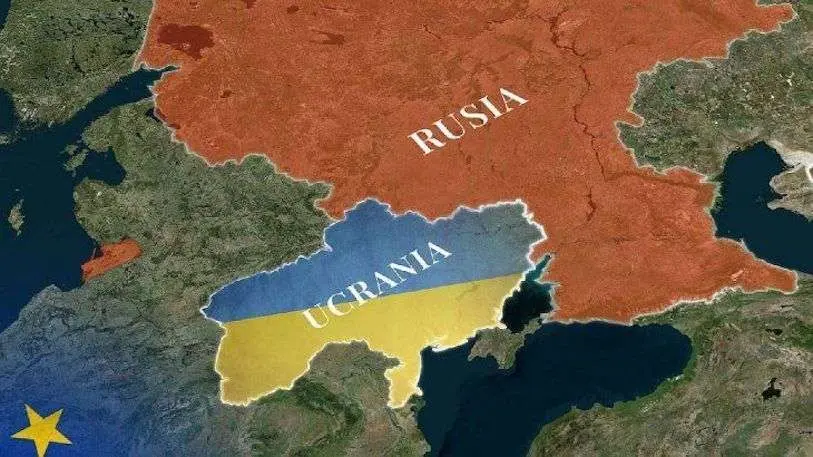One year of war: anything is possible, but not another Cold War

When in January 2022 we were writing about the eternal chess game that Russia and Ukraine were disputing, no analyst would have ventured to predict the events that have shaken the international panorama in the last year. These twelve months have been the scene of profound changes at the global level and, undoubtedly, 2023 will be the year that will test many of the constants of the post-Cold War international system, a system that analysts and policy makers believed to be fully consolidated. What consequences could this military conflict have? Can tectonic changes be expected on the basis of this episode? We will outline a few brushstrokes to help us better understand how the Russia-Ukraine conflict has reshaped the canvass of international relations.
First of all, when the Kremlin decided to launch its special military operation and invade Ukraine on February 24, 2022, one of the key variables of the international order melted like a sugar cube in the water: the international system was no longer predictable, as the actors operating in it ceased to be predictable. The invasion of a sovereign country seemed to have been relegated to Geopolitics classes and world history books, but the Russian offensive in Ukrainian lands has shattered all forecasts on how world powers have a certain expected, rational, almost exemplary behavior at a global level. The conflict between Kiev and Moscow testifies that no new dynamics at the global level can be ruled out, however implausible it may seem.
A second derivative is directly related to the above; In the world there are no friends, but allies. And there are no perennial interests. The international liberal order that emerged after the end of the Cold War, based on international rules, multilateral institutions and shared economic growth, is not in crisis, but in a process of permanent erosion. The liberal umbrella is no longer sufficient to shelter us from the international storm of recent decades, starting with the recession, passing through the global food crisis or energy uncertainty, and ending with the fragile state of democracy or global deregulation. Many countries had already called into question the Western-style multilateral system, and the invasion of Ukraine has soaked the entire international system in this regard, underlining that there is much more division in the world than previously thought. The typical division between democracies and dictatorships has become obsolete, and the military contest highlights that in the world there are many grays in terms of political, institutional, economic and military support between countries. Think of the dictatorships, autocracies, theocracies, theocracies, sunset regimes, countries led by a strongman... and we will understand why the conflict has not led to a new division on a planetary level. Ukraine and Russia do not represent two antagonistic models of seeing the world, and therefore neither do the countries that support them, in one way or another. There is no risk of a second cold war.
Thirdly, surely the concept of neutrality should be reviewed in the light of the evolution of the conflict. Sending or not sending arms to Ukraine and not merely applauding the courageous Ukrainian people, firmly adopting international sanctions against Moscow, or voting firmly in forums such as the United Nations against the Russian invasion are now inevitably part of the menu of international leaders, and remaining neutral in this sense has connotations diametrically opposed to the typical Scandinavian or Swiss conception of neutrality in recent decades. Surely, the conflict in Ukraine brings to the world's attention that neutrality and inaction are not synonymous, and that since the international system is far from being bipolar, neutrality may be institutional, but it will hardly be political or economic.
In other words, the Russian invasion of Ukraine and the subsequent armed conflict lead us to think that this international system, so permeable, so liquid, so heterogeneous and interdependent, is increasingly complex, and that the backbone of the international order has very weak foundations. Ukraine and Russia give us the alarm signal that any regional, international dynamic is not only probable but possible, and we cannot rule out in the future a new invasion of a sovereign country, a global energy crisis or a shortage of raw materials. In other words, global problems require global solutions.
Miguel Ángel Medina
Deputy Director of the Antoni de Montserrat Chair of Global Studies at the Universitat Abat Oliba CEU/The Diplomat

